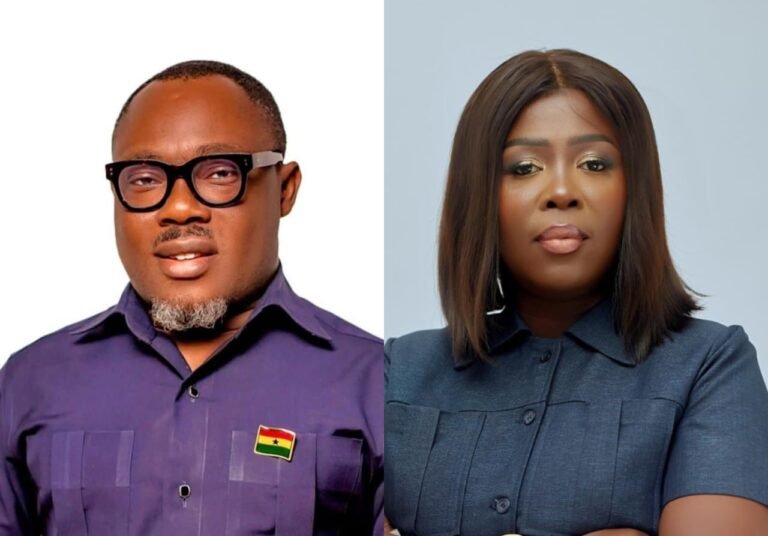
Godfred Yeboah Dame, Minister of Justice & Attorney-General
The current Auditor-General’s Report is no different from those of previous years, from Kwame Nkrumah through the military dictatorships and other republics to the Rawlings interregnums and the Fourth Republic.
As has been the ritual, the Report covers an array of state institutions and enterprises and quantum of abused funds.
The level of pervasion shows how, for 65 whole years, we have been unable to design systems to protect the public purse or enforce legal instruments aimed at deterring the contractor, politician, top public official and appointee.
The result is that we look on, instead of taking serious action over these lingering acts of criminality in which only a handful of people become scapegoats on paper, but affluent by default.
Mischief cure
Up until 1979, when we took people to the stakes and chased others into exile, the cure had been ban on holding political office for offending appointees.
From Ayeh-Kumi and Kojo Botsio to RR Amponsah and others, the lawful urge to prosecute people over reports of corruption was simply not there.
If they were there, it was simply reduced to barring those who had been caught in offences that denied citizens and communities amenities from getting back into office another day to steal again. As for the loot, they could go back to it and live happily ever after.
Half measure fights
When, after 2000, the Attorney-General under the Kufuor administration decided to set examples in fighting corruption, a pardon palliative was later introduced. That appeared to send the message that the politician may steal public funds, but because he is a privileged breed, he could be pardoned when power changed hands.
Certainly, that was a motivation for being corrupt rather than being a deterrence. All that the pig-headed political animal or crooked technocrat and bureaucrat needed was a tough skin to go through the temporary spell of shame to return and enjoy the loot.
Interestingly, the National Democratic Congress under JEA Mills did little to show interest in adding value to the fight against corruption. Any semblance of commitment was only expressed in Lt Colonel Gbevlo-Lartey’s stampedes without processes and which could not be sustained.
Evidently, under John Dramani Mahama, the floodgates were open for massive allegations of corruption some of which are still being tried at the courts.
Even here, we had the same pardon palliatives that cannot be deterrent enough for a nation steeped in official corruption.
Failed systems
Clearly, and every government knows, that the systems for fighting corruption are weak at the preventive levels. Consequently, what we have had or tolerated is the saga of shouting ourselves hoarse after the horses have fled out of the stables.
And the costs in cedis or dollars, or amenities due citizens and the state have been extensive. This is manifested in drudgery in vulnerable communities, particularly in the northern regions, where open defaecation is a culture, or the Teshie beach where men and women look into each other’s eyes and ‘pump themselves’ into the Atlantic Ocean.
Whodunit
As a matter of fact, it is not the case that political leaders and the Auditor-General do not know what to do to prevent the rot. Indeed, as citizens, we know that in the normal state institution, it is the heads that frustrate all processes for fighting corruption.
They are those who handle procurement, process invoices and make payments. The buck therefore stops with the Chief Directors and their Accountants, financial controllers or spending officers.
As for ‘the poor’ Auditor-General, he would write his Report and lace it with ‘misappropriation,’ ‘irregularity’ or ‘abuse’, though between him and them, the bottom-line is money lost to the state.
The Daily Statesman does not envy the Special Prosecutor. Particularly when Martin Amidu began complaining about top public officials withholding files and refusing to cooperate, the fight is a long haul unless it is initiated from the institutions by a younger breed of trained intelligence boys with professional accounting background.







